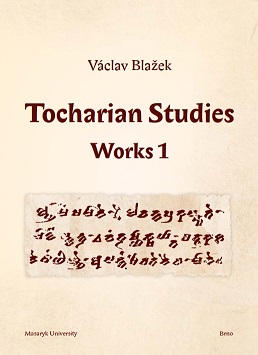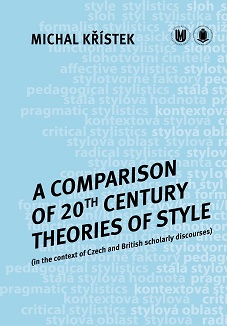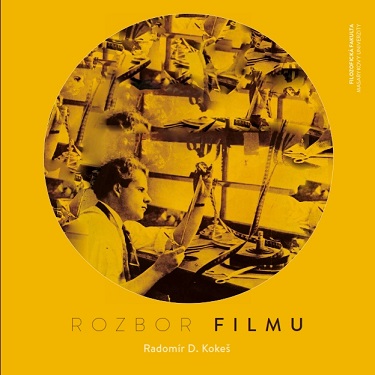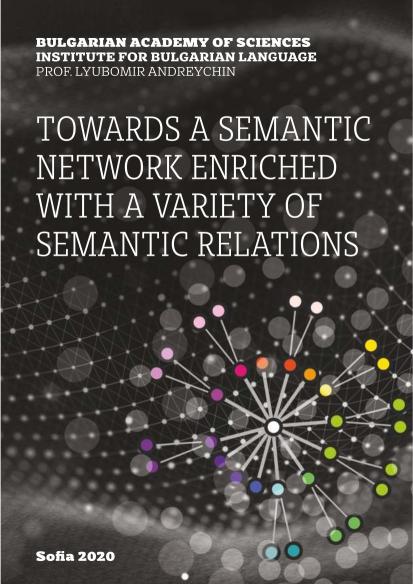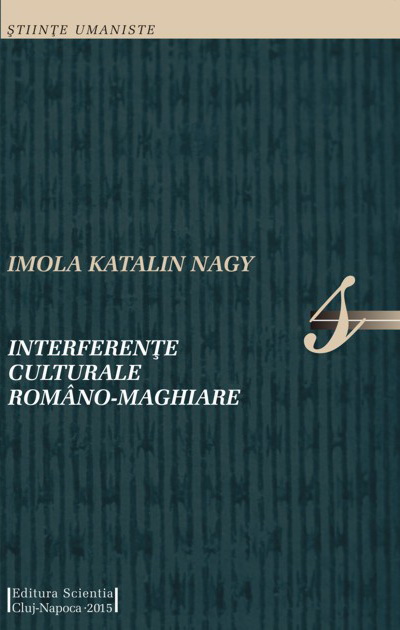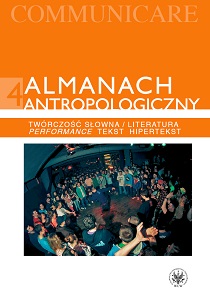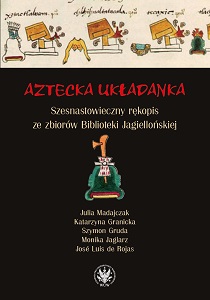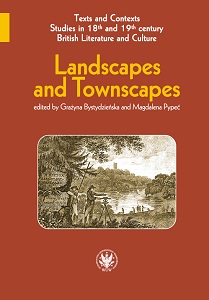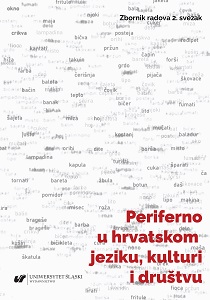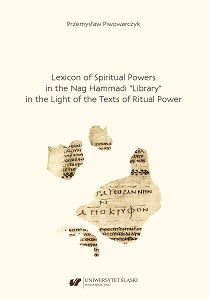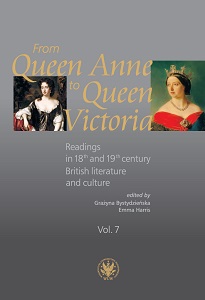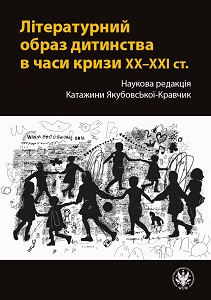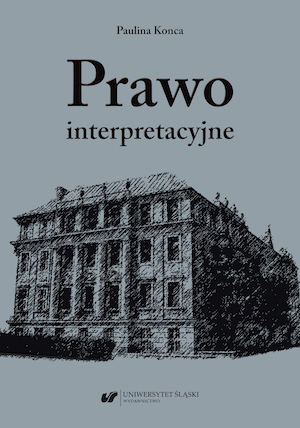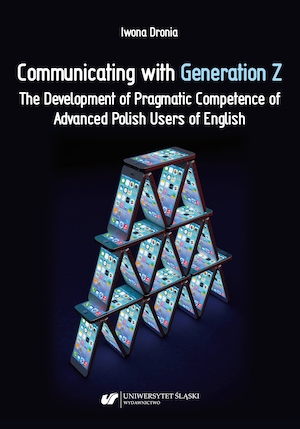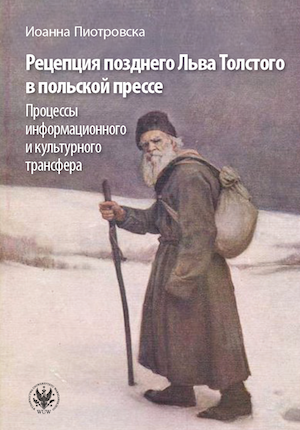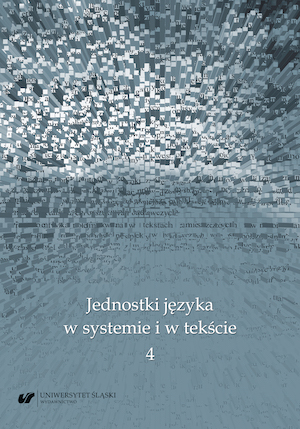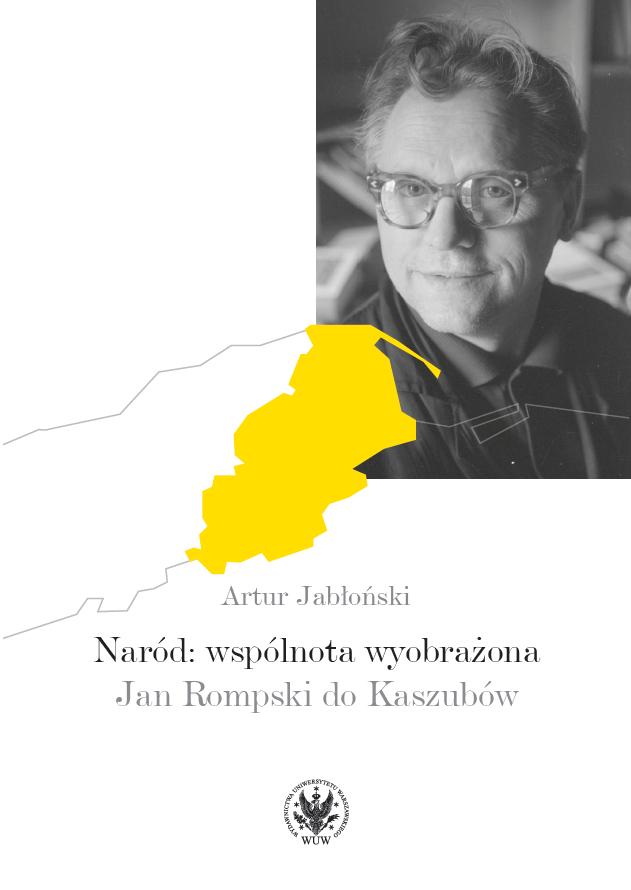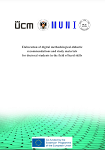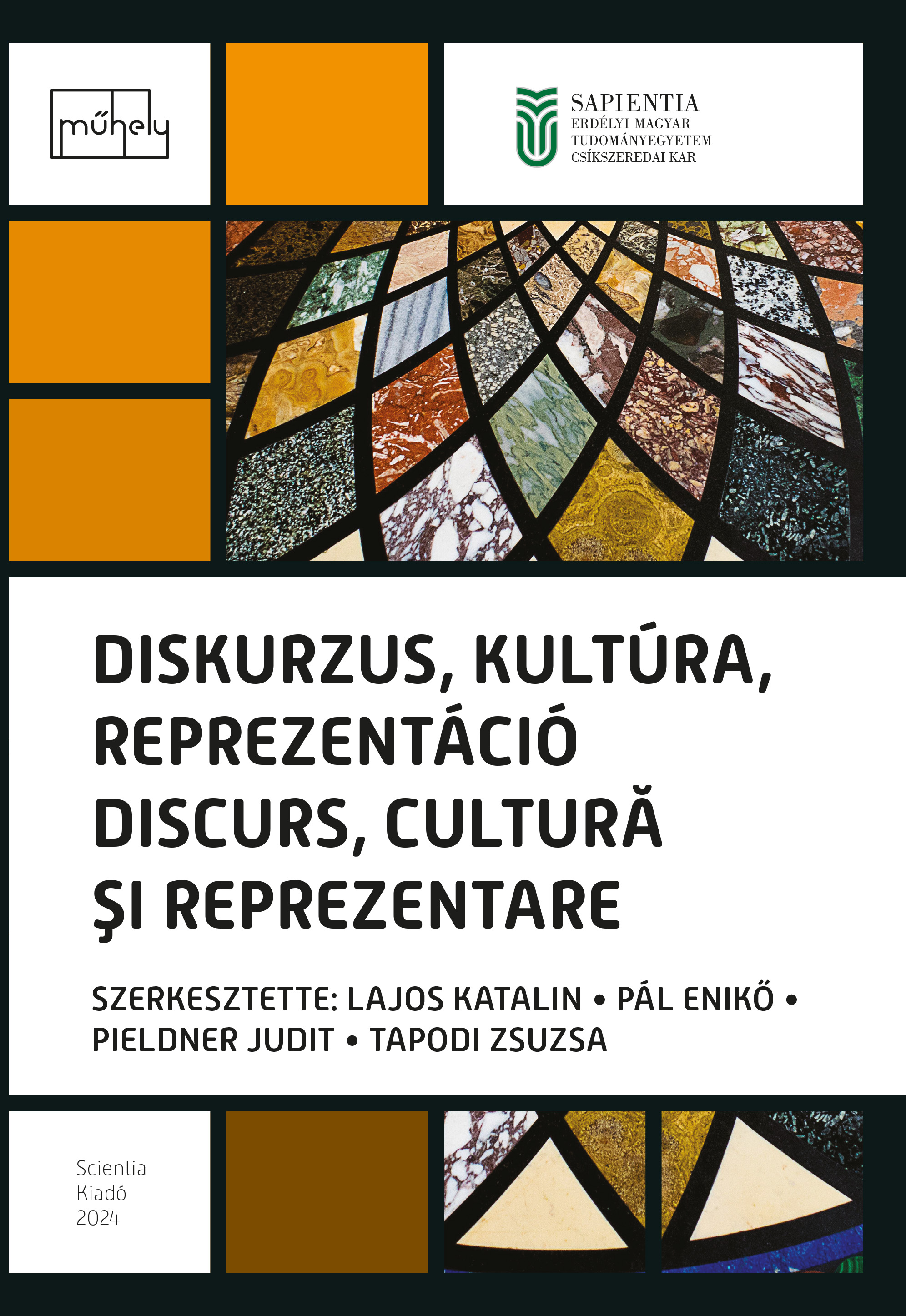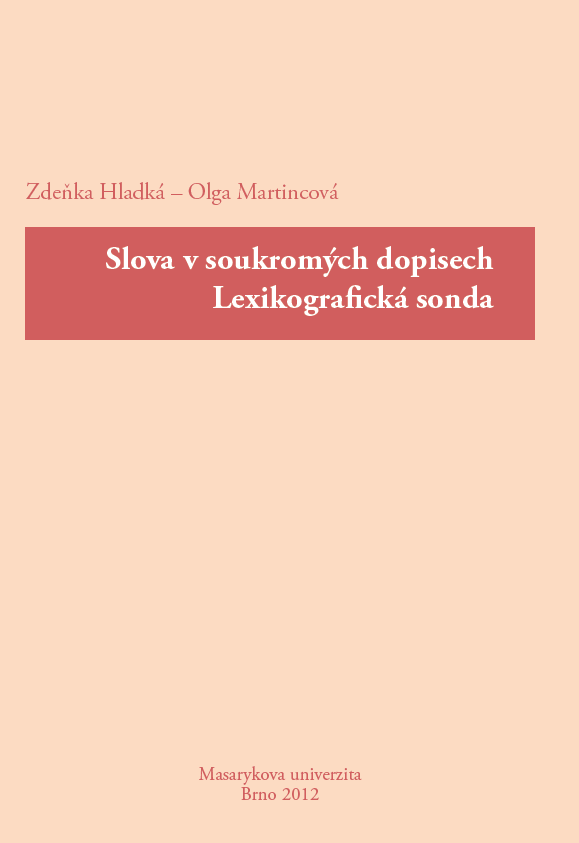
Slova v soukromých dopisech. Lexikografická sonda
Attention of scholars from the field of humanities has been for a long time paid to private personal letters. This applies especially to historians, to scholars dealing with literature and more recently to sociologists, psychologists etc. Private correspondence is also a subject of interest in the field of linguistic research. It is a material attractive from many viewpoints, relating to well-known contrasts of epistolary style [Skwarcz yńska 1975 et al.], namely to contrasts such as a) spoken vs. written (relating e.g.to the contrast of standard vs. non-.standard); b) dialogue – monologue; c) presence vs. absence of ambitions to include features of the style of fiction (which applies also to letters of common people); d) individual ways of expression vs. following conventions of letter writing. An electronic Corpus of Private Correspondence was created at the Department of Czech Language, Faculty of Arts, Masaryk University (ÚČJ FF MU). Serving the purpose of linguistic research, this corpus contains 2,000 letters written by hand and 1,000 e-mails from the turn of the 20th and 21st centuries written by 3,000 common people, especially by young people; the corpus contains dialectological, sociological and partly grammatical tags. The section focused on letters written by hand in 2006 became a separate part of the Czech National Corpus (KSK-dopisy; http://ucnk.ff.cuni.cz). Full versions of gathered texts, including photo copies of the original letters, adding also 2,000 sms, were published inthe work Čeština v současné soukromé korespondenci. Dopisy, e-maily, SMS [Hladk á et al. 2005].
More...
